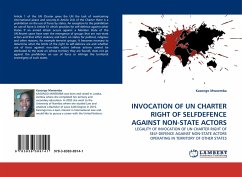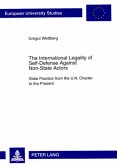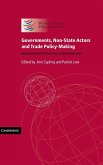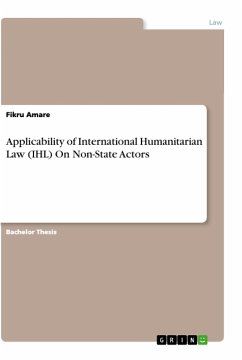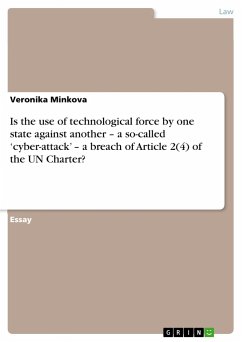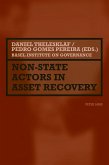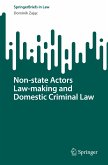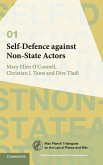Article 1 of the UN Charter gives the UN the task of maintaining international peace and security.In Article 2(4) of the Charter there is a prohibition on the use of force by states. An exception to the prohibition on use of force is Article 51 which provides for self defence against other States if an armed attack occurs against a Member State of the UN.Recent years have seen the emergence of groups that are non-state actors and that inflict violence and harm on states for political, religious and other reasons, for example terrorist groups. It becomes necesary to determine what the limits of the right to self-defence are and whether use of force agaimst non-state actors (whose actions cannot be attributed to the state on whose territory they are found), does not go against the prohibition on use of force or infringe the territorial sovereignty of such states.
Bitte wählen Sie Ihr Anliegen aus.
Rechnungen
Retourenschein anfordern
Bestellstatus
Storno

